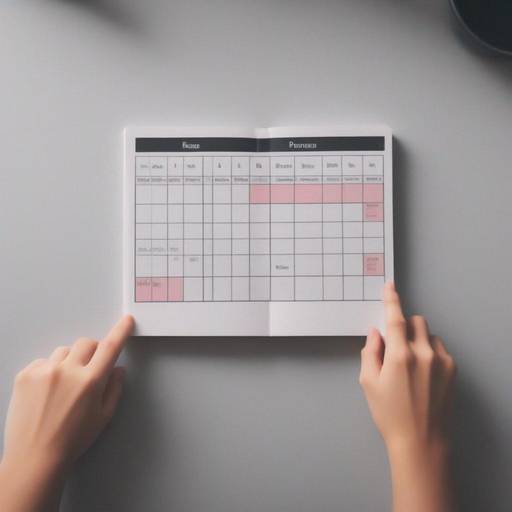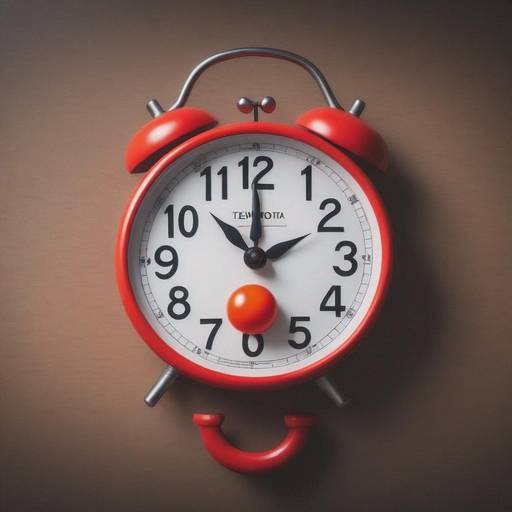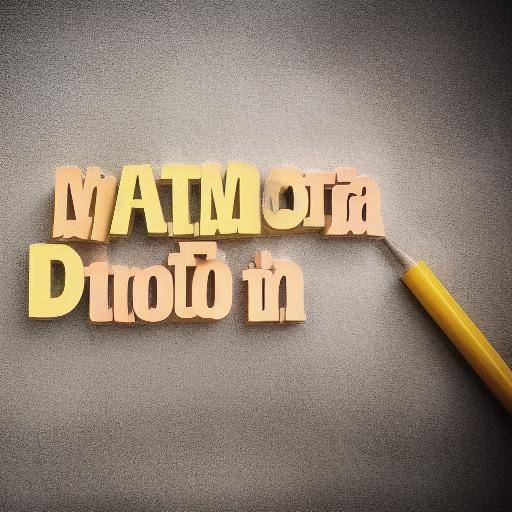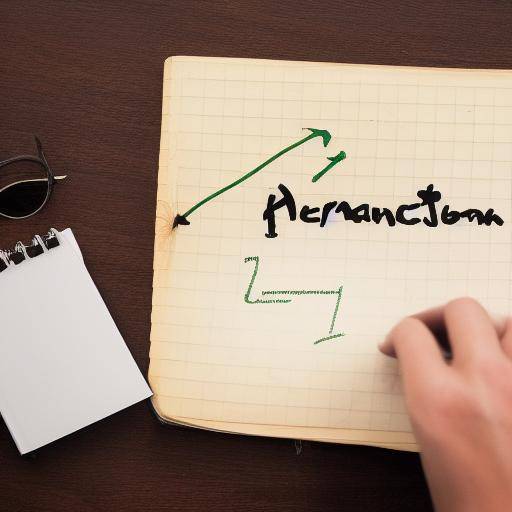
Effective time management is a challenge we face every day. Beyond labor and personal obligations, finding a balance between all facets of life can be overwhelming. However, the key to maximizing productivity and well-being lies in the application of effective morning and evening routines. In this article we will explore in depth the importance of daily routines, daily planning and personal organization, as well as their impact on time management. We will discover the benefits, challenges, current trends, practical applications and offer practical advice to improve productivity and well-being in everyday life.
History and background
The notion of daily routines has been fundamental throughout history. From ancient civilizations to the modern era, the importance of structuring the day has been recognized to improve efficiency and quality of life. For example, in ancient Rome, people followed strict morning and evening routines that included physical activities, spirituality and daily planning. These practices have evolved over time, influenced by the changing demands of society and the advancement of technology.
Detailed analysis
Morning and night routines have a significant impact on our lives. Establishing an effective morning routine can boost a productive and positive start for the day, while a well-planned night routine can facilitate relaxation and preparation for rest. According to studies, people who follow daily routines tend to experience less stress and enjoy greater sense of control over their lives.
Comprehensive review
The implementation of effective daily planning is essential to maximize the benefit of routines. This involves organizing tasks, assigning time for important activities and prioritizing short- and long-term goals. In addition, personal organization plays a crucial role in the success of daily routines, as effective time management largely depends on how we structure our responsibilities and commitments.
Comparative analysis
Compared to morning and evening routines, together with daily planning and personal organization, we can identify similarities and differences. While routines focus on the specific actions we do on a daily basis, daily planning encompasses the division of time for all activities, and personal organization implies the strategic management of our global responsibilities.
Accessible practical advice and advice
To maximize the benefits of daily routines and time management, it is essential to follow some practical advice. Setting clear goals, avoiding distractions, dedicating time to self-care and reflection, as well as implementing organizational tools can make the difference in efficiency and personal well-being.
Industry perspectives and expert reviews
Time management and productivity experts share their vision of the impact of daily routines, daily planning and personal organization on our daily lives. His ideas offer a deep understanding of best practices and effective methods for time management, giving readers valuable insights to improve their daily approach.
Case Studies and Applications in Real Life
We will analyze real cases that demonstrate how the implementation of morning and night routines, together with effective daily planning and a solid personal organization, has had a significant impact on the reality of people. These examples will provide a concrete view of how these practices can transform everyday life.
Future trends and predictions
We will explore new trends in time management and the importance of daily routines, planning and personal organization. With the advancement of technology and globalization, it is crucial to understand how these trends are shaping the way we address our daily responsibilities and what we can expect in the future in terms of efficiency, well-being and balance in everyday life.
Conclusion
In short, morning and evening routines, daily planning and personal organization play a key role in effective time management. By properly implementing these practices, we can improve our productivity, reduce stress and enjoy a sense of control over our lives. By following the advice offered and understanding current and future trends, readers can take significant steps towards a more balanced and fulfilling life.
Frequently asked questions
1. What is the importance of establishing morning and evening routines?
The morning and night routines set the tone for day and night, providing structure, maximizing productivity and promoting well-being by preparing both the body and the mind for daily demands and night rest.
2. How does day-to-day planning affect time management?
Daily planning allows you to efficiently assign time to different tasks and priorities, helping to avoid procrastination, reduce stress and optimize productivity.
3. How do I improve my personal organization to better manage time?
Improvement of personal organization involves setting clear objectives, prioritizing tasks, implementing effective organizational systems and practicing self-care to maintain a healthy balance.
4. What is the relationship between daily routines and emotional well-being?
Consistent daily routines promote emotional stability by creating predictability and reducing anxiety. Self-care and connection with ourselves are strengthened through these routines.
5. Why is consistency important in daily routines?
Coherence in daily routines fosters healthy habits, creates a sense of purpose and control and facilitates effective time management, which in turn promotes general well-being.
6. What are some practical tools to improve time management and personal organization?
There are various tools available, such as timetable applications, task lists, prioritization methods, time management techniques and space organization techniques, which can be useful in improving time management and personal organization.
Conclusion We hope that this information has provided a clear and profound understanding of the importance of daily routines, daily planning and personal organization in effective time management. By implementing these practices and following the advice offered, readers can experience a positive change in their overall productivity and well-being.




















